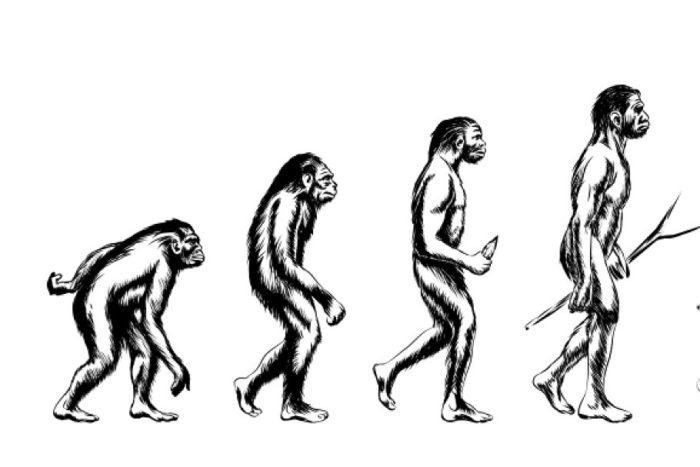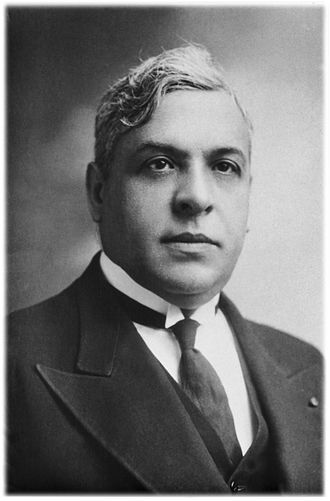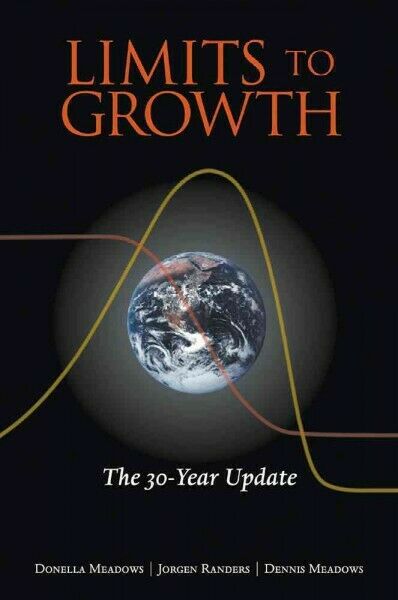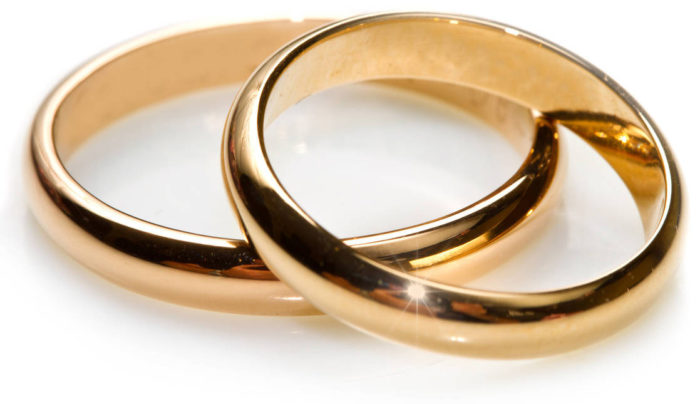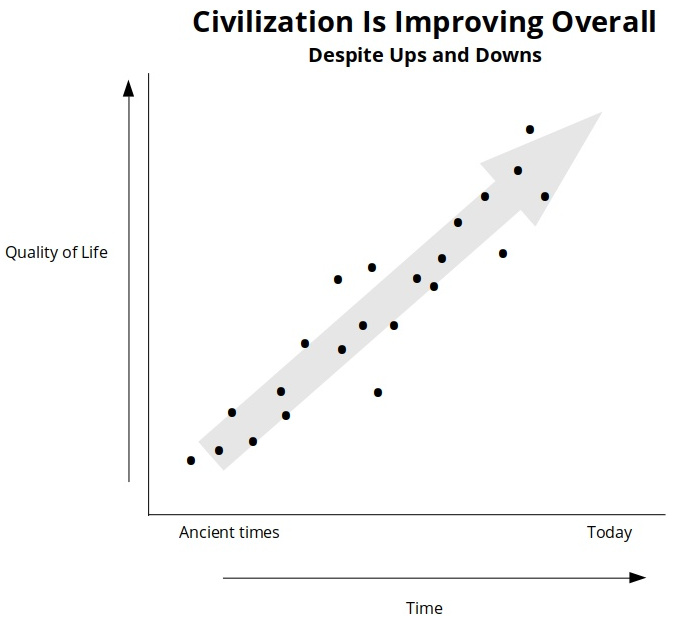People who work on our environmental problems seem to go through stages. I’ll describe them, if you don’t mind I haven’t studied them in detail, just painting broad strokes. We start with ignorance, generally gaining knowledge and ideas of what they can do. We move from ignorance to basic knowledge. Some drop off there. Others continue to more knowledge. Some of them move to realizing they can act. The details[…] Keep reading →
A Role Model for Our Times: Aristides de Sousa Mendes, fired for saving thousands of refugees from Nazis
on July 1, 2023 in Freedom, Leadership, Models, NatureFailures of imagination and leadership in sustainability are the hallmarks of our time. They mean that when even sustainably-minded people try to imagine people with political or business authority acting for sustainability, they can’t think past how to make sustainability profitable or get votes. I’m going to lead CEOs to see themselves as humans first, CEOs second—politicians, journalists, celebrities, and so on too. Oskar Schindler didn’t save those Jews from[…] Keep reading →
Reading Limits to Growth and learning to sail
on June 19, 2023 in ModelsThe book Limits to Growth doesn’t answer everything about the environment and sustainability, but I find it gives the best high-level, systemic understanding of the patterns of humanity’s overall interaction with nature. The authors created a model and ran simulations. It could have happened that none corresponded with observation, but after 50 years, there is remarkable correspondence, as researched by podcast guest Gaya Herrington. I recommend reading her results after[…] Keep reading →
Analects of Sustainability Leadership (words to live by)
on May 25, 2023 in Leadership, ModelsAnalects are selected miscellaneous written passages, often words to live by. Here are ones on sustainability leadership, many I created. I’ll keep update the following as I develop new ones. You can’t lead others to live by values you live the opposite of Systemic change begins with personal change To cross the finish line of the marathon of changing a system, you first have to cross the starting line of[…] Keep reading →
Love and marriage don’t cause pollution. Stop using them as excuses.
on May 22, 2023 in Models, Nature, RelationshipsHow many times have I heard about polluting and depleting less, “You can do those things because you’re single.”? I know when people rationalize and justify their inaction, say by saying it’s easier for me or particularly harder for them, they aren’t speaking rationally. They’re protecting their vulnerabilities, suppressing and denying that they are hurting others, acting against their deepest values. Still, it seems worth it to list a few[…] Keep reading →
The alternative to what we call progress isn’t what you think
on April 18, 2023 in Leadership, Models, VisualizationI see American culture moving toward increasing isolation. Compared to any time in human existence, we spend more time alone. Our paltry amount of skin-to-skin contact between parents and infants might be considered child abuse in other cultures. We talk about visiting other cultures, but even when in-person, we generally look at them from the outside through curated experiences like going to zoos. All that visiting is homogenizing culture more[…] Keep reading →
Is this your view of sustainability versus progress?
on April 9, 2023 in Models, Visualization“But why did everyone work so hard except to improve our lives,” asked a woman I spoke to about my having reduced my pollution. In her view, civilization may have had its ups and downs, but overall it’s led to progress. We’re living in the best times ever. The only better times will be the future, as long as we keep progressing. I believe she and most people view civilization[…] Keep reading →
Us from their perspective
on April 7, 2023 in Models, PerceptionWe invented washing machines and things like it to remove the need for backbreaking labor every day just to survive. We created vaccines to cure and anesthesia to remove pain. Why would anyone consider reverting to the Stone Age, risk it, or even move in that direction? Moving backward is the last thing we should do. Why give up on what we worked so hard for? Yet cultures remain that[…] Keep reading →
What I’m doing when I act to help others
on March 29, 2023 in ModelsThe scene: We’re walking along and see a bunch of helpless children drowning. Instead of helping them, scientists study the situation, educators teach about what the scientists learn, journalists write stories about tragedy, politicians seek funding to solve, CEOs see all the activity and find ways to sell products about the situation, and activists protest that something like this shouldn’t happen. But none help. As they study, teach, write, raise[…] Keep reading →
